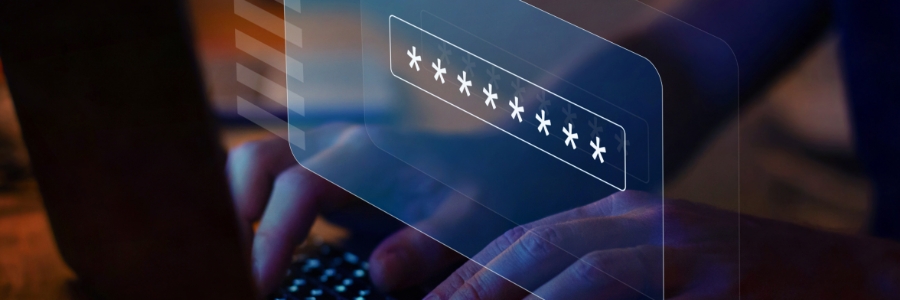To thrive in today's cutthroat market, businesses need to optimize their marketing strategies. Automation has emerged as a game-changer, allowing marketing teams to streamline repetitive tasks, improve efficiency, and scale their efforts without increasing headcount and spiraling out of budget.
Support Center
Blog
Hack-proof your passwords with the latest NIST password guidelines

Want to outsmart hackers? Start with your passwords. By following the latest guidelines from the National Institute of Standards and Technology (NIST), you can create robust passwords that will keep your accounts and information secure.
The evolution of password guidelines
Initially, NIST emphasized the complexity of passwords, encouraging a mix of uppercase letters, lowercase letters, numbers, and special characters.
Protecting VoIP and traditional phone systems
Managed IT services for healthcare: Compliance and security considerations
5 Common security threats you need to know

Protecting your IT systems requires understanding the security threats that can strike from both inside and outside your organization. Learn about the five most common security threats and how you can take action to safeguard your business.
Accidental malware installation
Malware, also known as malicious software, is software created that causes damage to computers, servers, or networks.
The key differences between proprietary and open-source VoIP
Addressing the cybersecurity skills gap: Training and development strategies
What is an Excel slicer, and how can It help simplify your data?

Spreadsheet software such as Microsoft Excel are incredibly useful, but they can become overwhelming, especially when managing large datasets. Functions like filtering are helpful, yet not always easy to master. Fortunately, Excel offers slicers, a simple yet effective way to filter complex data visually.
Keep your business powered up with a quality UPS

Every business owner dreads power outages. Imagine having a productive day, tasks in full swing, and then suddenly everything goes dark. Computers shut down, work is interrupted, and valuable data hangs by a thread. This scenario is every business's nightmare, but surprisingly, many still overlook a simple yet effective solution — a quality uninterruptible power supply (UPS). It's time to shed light on why a UPS is not just a luxury, but a necessity for anyone looking to keep their operations running smoothly.
Fileless malware: The invisible threat in your system

Cybercriminals are always coming up with new, unpredictable ways to breach a company's cyber defenses. One of the most elusive threats is fileless malware — an attack method that leaves no traditional trace behind.
What is fileless malware?
Fileless malware is a type of malicious program that operates without using executable files to infect a computer like how traditional malware does.






